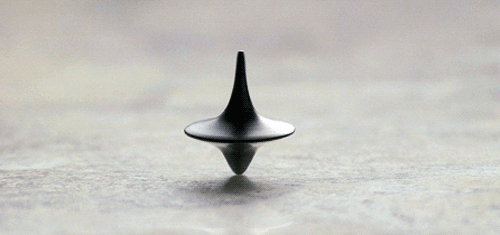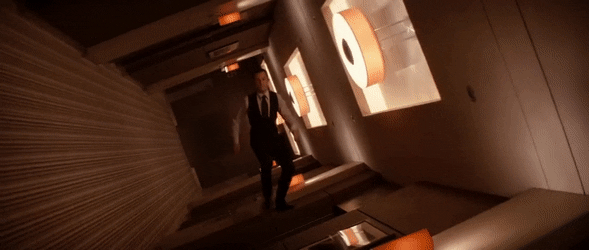HOW INCEPTION REDEFINED BLOCKBUSTERS
“You mustn’t be afraid to dream a little bigger, darling.”
That line, as said by Tom Hardy, is the biggest takeaway from Christopher Nolan’s Inception. That one, succinct line speaks volumes about Nolan and the films he chooses to make.

It’s sometimes easy to forget that thinking is a key aspect in being entertained. While going through endless options to find something to watch, people more often than not might find themselves choosing the familiar, simple, or safe over something that might challenge them. It’s not an unjustified choice. However, there is something about the stimulation our brains receive as we try to put the pieces together, figure out who’s the culprit, or what a film is trying to convey, that is undeniably satisfying a craving we might not have known we had.
As we count the days until Nolan’s latest film, Tenet, arrives in cinemas, we’re taking a retrospective look at Inception and how it redefined what it means to be a blockbuster.

“Once an idea has taken hold of the brain, it’s almost impossible to eradicate.”
There used to be an idea of what a blockbuster should be. Explosions, larger than life villains, and high stakes. Sometimes the bad guy shook his fists in anger at the end and reveled in the notion of getting the good guy next time. Obviously not all blockbusters were as paint-by-numbers as the aforementioned description, but for the sake of the argument let’s use this narrative.
When Inception first released in cinemas, it was anything but conventional. Leonardo DiCaprio planting ideas in other people’s dreams within dreams within dreams that may or may not have been architected by him? There was nothing to compare it to. It wasn’t the next Citizen Kane, it wasn’t the next 2001: A Space Odyssey, it was simply Inception. It was a new, original story from a filmmaker who took his creativity and originality and put it to the big screen. But from the moment the lights dimmed in the cinema, cinephiles worldwide were taken for a ride they wouldn’t forget anytime soon. To this day, 10 years after the film premiered, people are still debating what the film means. Was it all a dream? Are they stuck in limbo? Who knows? One thing’s for sure, though, and it’s that Inception has left an impact on audiences that few recent films have been able to.
The film went on to gross nearly $1Bn at the Box Office and was nominated for eight Academy Awards, winning four. Inception’s immense success helped pave the way for more out-of-the-box blockbusters. In the years since, several high concept or unconventional films have found critical and commercial success due to film studios’ willingness to take more risks. Inception was, eponymously, the inception of mainstream cerebral science fiction.

“True inspiration is impossible to fake.”
Inception didn’t only change the landscape for blockbusters, though. It also changed how Christopher Nolan himself was perceived as a filmmaker. Prior to its release, Nolan had already become a household name for his exceptional take on Batman in The Dark Knight trilogy. However, Inception was the film that cemented him as a key selling point. When Interstellar, Dunkirk and even the highly anticipated Tenet were all announced, the intense excitement came from the fact that they were Christopher Nolan films, regardless of plot or cast.
Fortunately, Nolan is yet to disappoint. He continues to elevate the cinematic experience with every new release, reinforcing the idea that experiencing a film on the big screen is truly unparalleled.

You can relive the game-changing Inception in IMAX at VOX Cinemas on 13 August. Book your tickets here for a never-before-seen special look at Tenet, releasing on 27 August.
Follow us @VOXCinemas on Facebook, Twitter and Instagram for more exciting updates.
